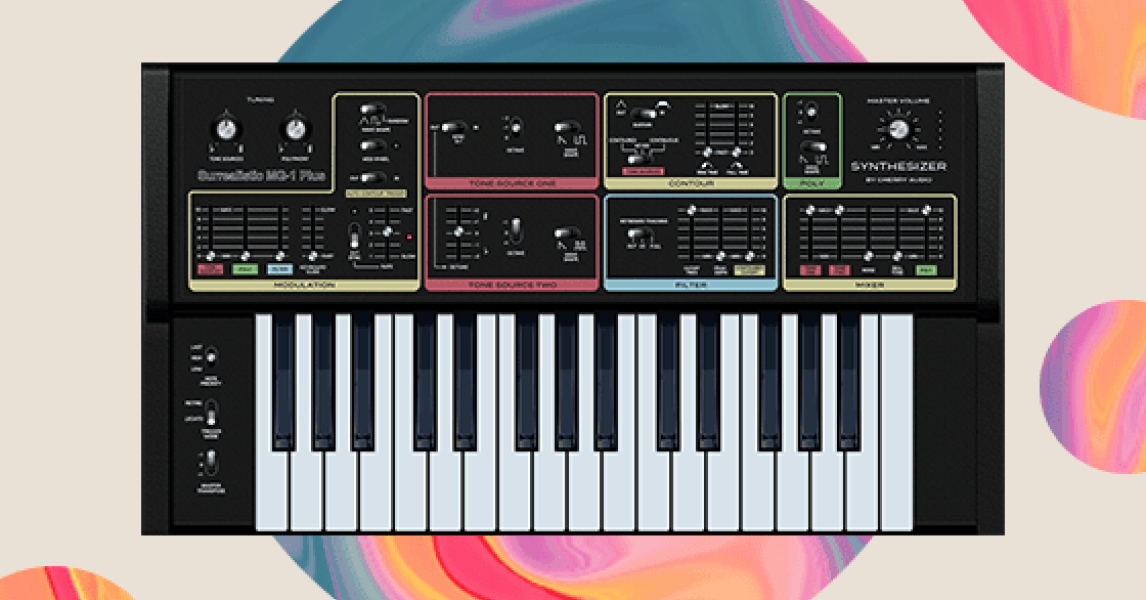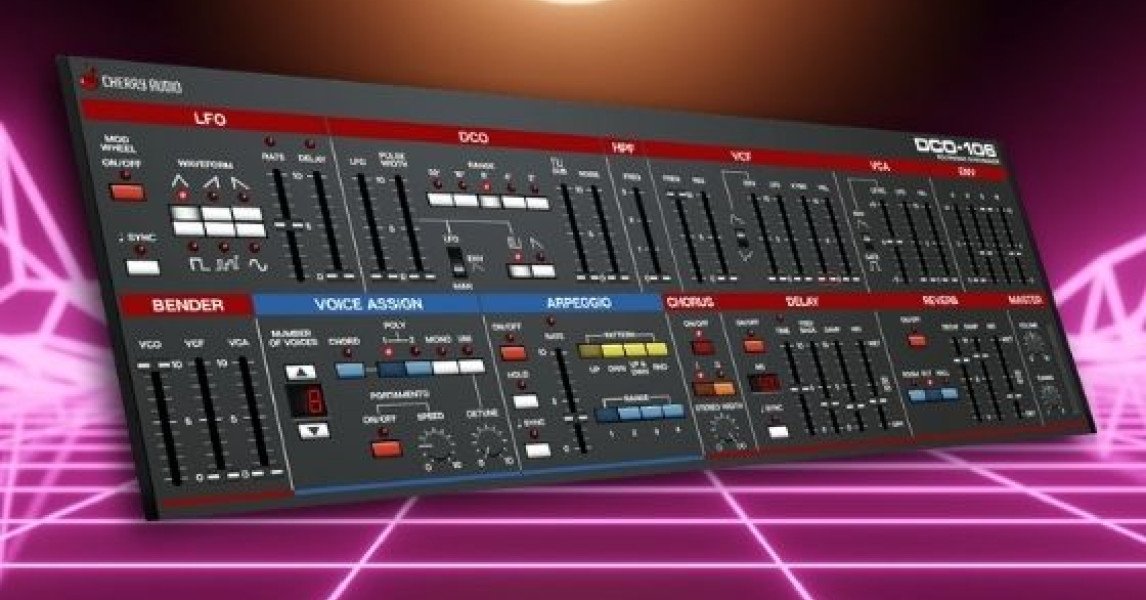jenssieckmann
Landor
Hi all,
in the pandemic I dipped my toe into orchestral music production in the style of Williams, Goldsmith, Horner. I really enjoy it so far but I want to broaden my mind a bit with synths. I already used sampled synths (LABS, Lunaris) in one of my tracks but I want to build a bit of a foundation to a) change synth presets to my liking and b) build completely new sounds. Plugs, pads, atmopsheres, drones and these things. So, basics like oscillators, amplitides, filters etc will be the curriculum.
I know this is a whole new rabbit hole and I don't know if I will dedicate much time and effort. It will depend on my results and interests.
I already have Pigments and Synthmaster 2. But both look rather intimidating to me. I don't know if these are the right ones to start with. I noticed some YT tutorials for Pigments. So maybe that's it. I heard of Syntorial but I'm uncertain if the concepts are easily applicable/transfered to Pigements or Synthmaster.
Is there any easy to learn synth with a bunch of available tutorials to get the basics done?
Thanks a lot,
Jens
in the pandemic I dipped my toe into orchestral music production in the style of Williams, Goldsmith, Horner. I really enjoy it so far but I want to broaden my mind a bit with synths. I already used sampled synths (LABS, Lunaris) in one of my tracks but I want to build a bit of a foundation to a) change synth presets to my liking and b) build completely new sounds. Plugs, pads, atmopsheres, drones and these things. So, basics like oscillators, amplitides, filters etc will be the curriculum.
I know this is a whole new rabbit hole and I don't know if I will dedicate much time and effort. It will depend on my results and interests.
I already have Pigments and Synthmaster 2. But both look rather intimidating to me. I don't know if these are the right ones to start with. I noticed some YT tutorials for Pigments. So maybe that's it. I heard of Syntorial but I'm uncertain if the concepts are easily applicable/transfered to Pigements or Synthmaster.
Is there any easy to learn synth with a bunch of available tutorials to get the basics done?
Thanks a lot,
Jens
Last edited:



 )
) 



